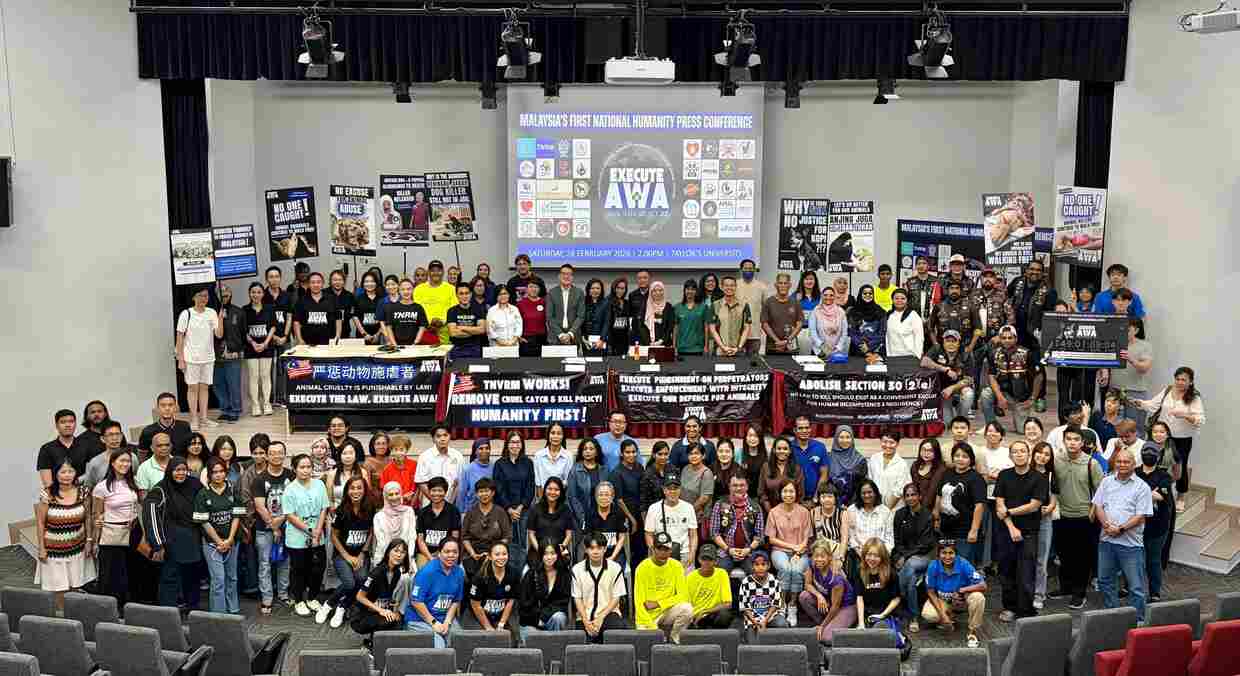Bangkok’s recent floods, although expected, have caused extensive damage. However, Thais have embraced their circumstances sanguinely.
The Nation, a Bangkok-based daily, quotes the country’s Science Minister Plodprasob Surassawadee as saying that flooding on Bangkok’s Thon Buri side could last up to 20 days, and that flooding in western Bangkok should be allowed, not resisted. “Why should we fight what cannot be fought?” he asks philosophically.
Meanwhile, the country’s Disease Control Department (DCD) director general Porntep Siriwanarangsun has assured the public that cases of communicable diseases detected so far do not pose a serious threat.
The World Health Organisation (WHO) and International Federation of Red Cross and Red Crescent Societies (IFRC) have voiced concerns about the possibility of diarrhoea, dengue fever and malaria in flood-hit areas. The DCD has exhorted residents to “eat only fully cooked and safe food”.
The DCD also said that typically one per cent of a flood victim population will be infected leptospirosis, which adds up to more than 10,000 people of about one million people in the country so far directly affected by floods.
Infection rates are expected to rise once flood waters subside, and rats begin to be attracted to undisposed garbage.
More than 2.1 million Thais are seriously affected by floods, and fewer than 100,000 are staying at government shelters. Many live with no electricity and limited supplies of clean water has been scarce, and sanitation services have stopped.
Elsewhere, Malaysia’s northern and east coast states brace for the same, or should.










Photos by Pratchatai.com
Headline with thanks to Alexander McCall Smith











